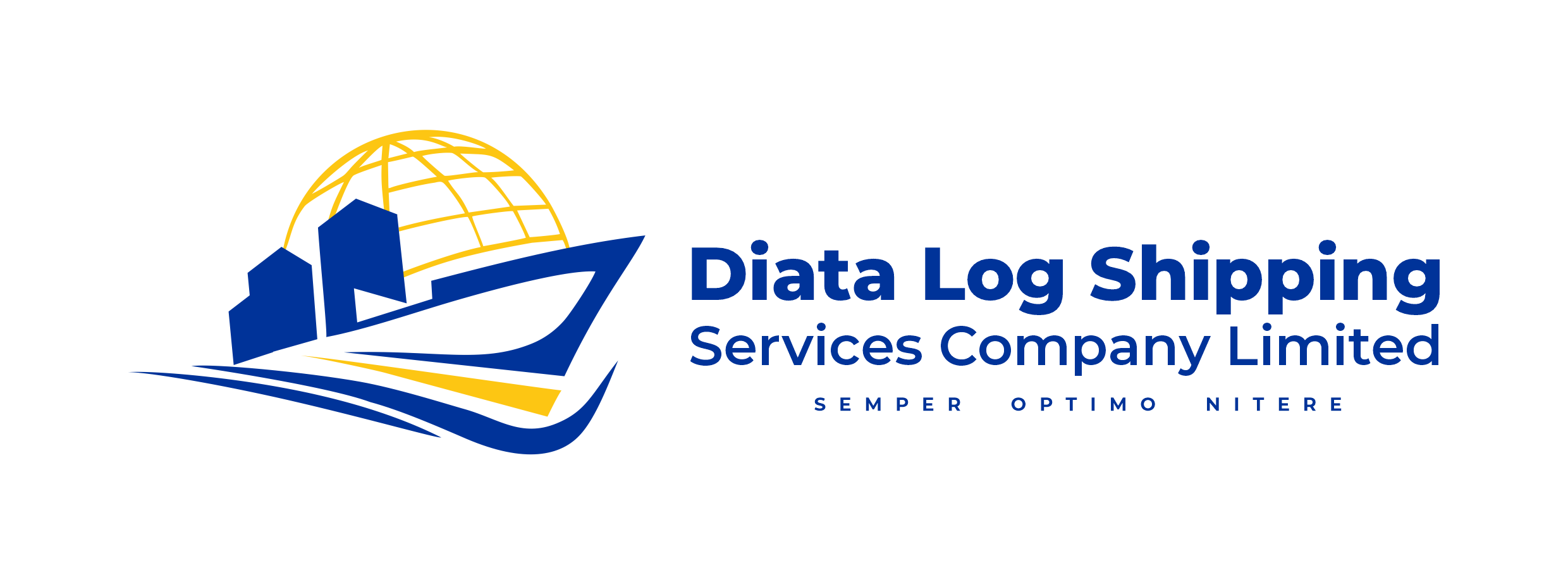
While the containership orderbook has already reached record levels, leading owners and operators continue to place a new wave of orders in part for expansion and also to address environmental pressures. Analysts had been predicting the next tranche and it is clearly underway and now expanding more broadly across the sector.
Taiwan-headquartered Wan Hai Line became the latest to announce a massive newbuilding program. Like the other carriers, Wan Hai reported improved financial results driven by the current disruptions and increased demand. The carrier reported on the back of its improved results it has finalized orders totaling upwards of $2.5 billion depending on the final price of the vessels.
In stock exchange filings, Wan Hai reports the bulk of its newbuilds are with fellow Taiwanese company CSBC Corporation. The contract calls for 12 dual-fuel methanol containerships each with a capacity of 8,000 TEU as well as an option for four additional vessels. The average unit price is between $102.5 and $124 million setting the value of the contract at between $1.23 and $1.98 billion.
Wan Hai however was not finished because it also ordered a further four dual-fuel methanol containerships to be built by South Korea’s HD Hyundai Samho. These vessels will cost between $113.5 and $130.4 million each or a total value of the contract between $454 and $522 million.
Analysts are highlighting that the order is notable because the carrier which is the eleventh largest in the Alphaliner rankings with a capacity of just over 500,000 TEU has ordered dual-fuel for the first time. Also, they chose methanol as the future fuel despite current concerns in the sector of the price and availability of methanol fuel. Maersk for example, which has been the leading advocate of methanol, now says it expects multiple alternative fuels to proceed and hedged its building plan saying it may include LNG and bio-fuel.
Wan Hai’s order comes after 89 containerships with a combined capacity of 1.2 million TEU were ordered during June and July according to a report from Clarksons. They note that the current order rate is exceeding even that during the height of the industry volume surge in 2020 and 2021.
Yesterday, August 12, China’s Zhoushan Changhong International Shipbuilding Co. revealed it has completed an order with MSC Mediterranean Shipping Company for a further dozen LNG-fueled containerships. The new order is for 19,000 TEU capacity ships and follows previous orders from MSC at the yard for 10 containerships each with a capacity of 11,500TEU and also 10 LNG dual-fuel containerships each with a capacity of 10,300 TEU.
Also, among the majors, Maersk revealed last week that it is closing in on orders for up to 50 new ships. Maersk said it is targeting 800,0000 TEU of capacity for fleet replacement between 2026 and 2030. It said that approximately 300,000 TEU will be owned capacity while the remaining 500,000 TEU is planned through time-charter agreements.
News of the planned charters fed into the report in a stock exchange filing from Atlas, the parent of Seaspan for a new wave of construction. The group revealed orders for 27 additional vessels, in categories including 9,000, 16,000, and 17,000 TEU capacities. As of the end of 2023, Seaspan reported it has an operating fleet of over 153 containerships and 36 more under construction.
The surge in orders continues to feed the growth of the segment. Alphaliner calculates globally container shipping now surpasses more than 361 million dwt with over 7,000 active ships. The total capacity for the sector has surpassed 30 million TEU.
source: maritime executive
